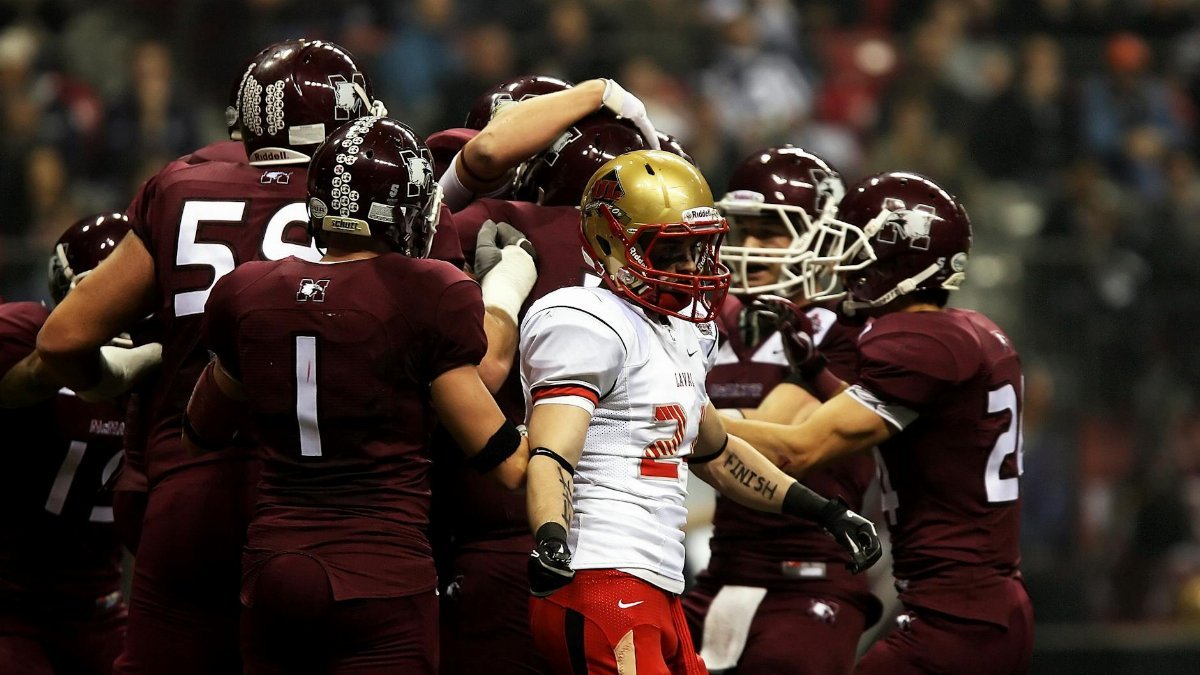Let’s face it: the world of college sports has never been more intense. With scholarships, social media scrutiny, and packed schedules bearing down, athletes face pressures that go far beyond the field or court. Enter the growing role of emotion coach athletes—specialized mental-skills staff who help players navigate stress, anxiety, and the emotional rollercoaster of competition. These coaches aren’t just a luxury anymore; they’re becoming a staple on NCAA teams across the U.S. Once sidelined as an afterthought, mental health support is now recognized as critical to performance and well-being. From managing pre-game nerves to coping with a crushing loss, these professionals are reshaping how young athletes handle the game—and life. As 2025 unfolds, their presence signals a broader cultural shift: winning isn’t just about physical strength, but emotional resilience too. How did we get here, and what does this mean for the future of sports?
The Evolution of Mental Support in College Sports

For decades, college athletes were expected to tough it out. Emotional struggles? Those were private battles, rarely discussed with coaches or teammates. But the landscape began shifting in the early 2000s as research highlighted the mental toll of high-stakes competition. Studies from institutions like the National Institutes of Health showed that student-athletes face higher rates of anxiety and depression than their non-athlete peers. By the 2010s, a few forward-thinking programs started hiring psychologists. Today, emotion coach athletes—often trained in sports psychology or counseling—are embedded in athletic departments, working alongside strength trainers and nutritionists. Their role isn’t to “fix” athletes but to equip them with tools to manage pressure. It’s a sign of how far the conversation has come: mental health is no longer a stigma but a priority.
What Exactly Do Emotion Coaches Do?

Imagine a basketball player frozen by nerves before a championship game. An emotion coach steps in, guiding them through breathing exercises or reframing negative thoughts. These professionals focus on practical strategies—think mindfulness, visualization, or even journaling—to help athletes process emotions without derailing performance. They might meet one-on-one after a tough loss or run group sessions on building team trust. Unlike traditional therapists, their work often ties directly to sports contexts, addressing issues like fear of failure or burnout from grueling schedules. As one NCAA report from the NCAA Media Center notes, nearly 30% of athletes report feeling overwhelmed most days. Emotion coaches aim to lighten that load, blending emotional support with performance goals.
Why Now? The Perfect Storm of Pressures

Today’s college athletes aren’t just competing—they’re under a microscope. Social media amplifies every win and loss, with criticism coming from strangers online. Add to that the academic demands, the transfer portal’s uncertainty, and the lure of Name, Image, and Likeness (NIL) deals, and it’s no wonder stress levels are spiking. A 2022 survey by the Pew Research Center found that young adults, including student-athletes, report worsening mental health post-pandemic. Emotion coach athletes fill a critical gap, offering a safe space to unpack these layered challenges. Programs that once saw mental-skills staff as optional now view them as essential, especially as schools compete to attract top talent with holistic support systems.
The Impact on Performance and Beyond

Does emotional coaching actually translate to better play? Early evidence suggests yes. Athletes who work with emotion coaches often report improved focus and confidence, which can mean the difference between a missed shot and a game-winner. A study from the American Psychological Association highlights how mental training can enhance resilience, helping players bounce back from setbacks. But the benefits ripple further. Learning to manage emotions on the court often carries over to life—handling a tough exam, a family conflict, or even a future career. For many, these skills become a lifeline, proving that emotional strength isn’t just about sports; it’s about surviving adulthood’s inevitable curveballs.
Challenges in Expanding Access

Not every school has the budget for dedicated emotion coach athletes, though. Powerhouse programs at places like Alabama or UCLA might boast full-time staff, but smaller colleges often rely on part-time consultants or none at all. This creates a disparity: athletes at underfunded schools may lack the support their peers at wealthier institutions take for granted. There’s also the hurdle of trust. Some players hesitate to open up, fearing vulnerability could be seen as weakness by coaches or teammates. Building a culture where emotional coaching is normalized takes time, and not all athletic departments are there yet. Advocates argue that prioritizing mental health across all levels of college sports isn’t just fair—it’s necessary for equity.
Voices From the Field

Consider the story of a Division I soccer player at a mid-sized university. After a string of injuries, she felt her confidence crumble. “I didn’t know who I was without the game,” she admitted during a team workshop. Her emotion coach helped her reframe the setback, focusing on small, daily wins—like rehab progress—rather than the scoreboard. Stories like hers aren’t rare. Across the country, athletes describe similar turning points, where a single conversation or technique shifted their mindset. Online, too, anonymous accounts often echo this relief at finding support, with one recent post describing the weight of competition lifting after learning to name and manage anxiety. These glimpses show why emotion coaches are gaining traction: they meet athletes where they are, emotionally and mentally.
A Cultural Shift in Sports

Look at the bigger picture, and it’s clear something fundamental is changing. High-profile athletes like Simone Biles and Naomi Osaka have spoken out about mental health, pushing the topic into mainstream sports dialogue. Their candor has trickled down to college levels, where younger players feel emboldened to seek help. Emotion coach athletes are part of this wave, reframing toughness as not just physical grit but emotional honesty. It’s a departure from the old-school “shake it off” mentality that dominated locker rooms for generations. In 2025, as more schools adopt these roles, the hope is that prioritizing mental well-being becomes as routine as weight training or film study—a non-negotiable piece of an athlete’s development.
Looking Ahead: What’s Next for Emotional Coaching?

As demand grows, the field of emotional coaching in sports is evolving. Some universities are experimenting with peer-led mental health initiatives, while others integrate technology—think apps for tracking mood or stress levels—into coaching plans. There’s also a push for training head coaches and staff to spot signs of emotional distress, creating a more comprehensive support network. The question isn’t whether emotion coach athletes will stick around; it’s how their role will expand to meet the needs of a generation facing unprecedented challenges. For now, their presence marks a quiet revolution in college sports—one that values the heart as much as the hustle.
